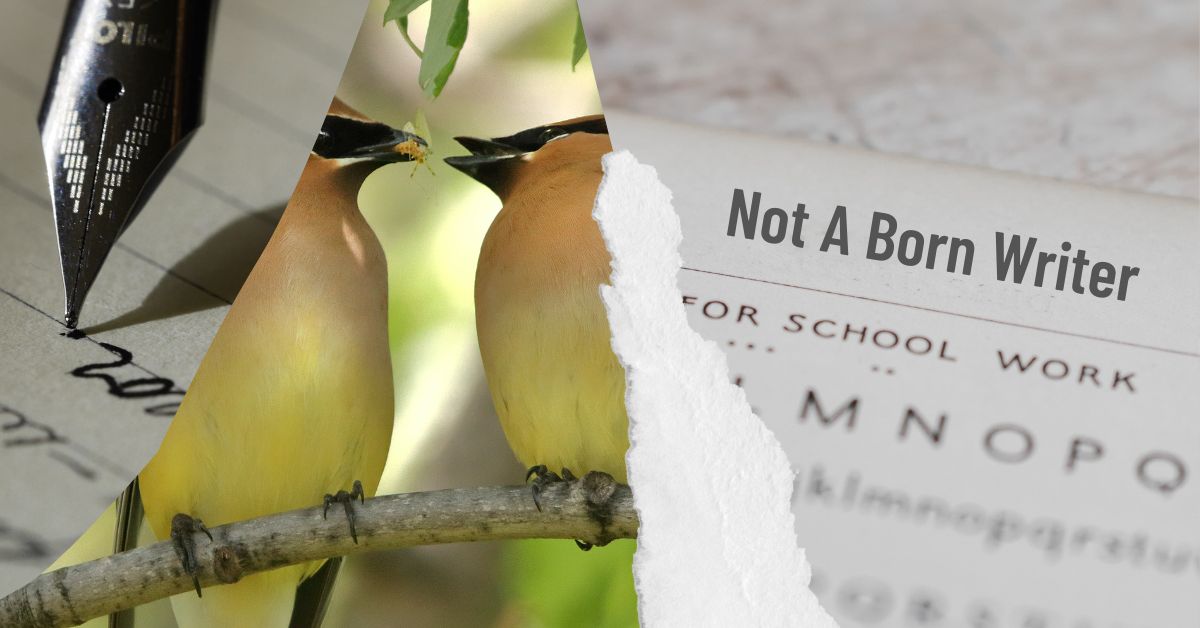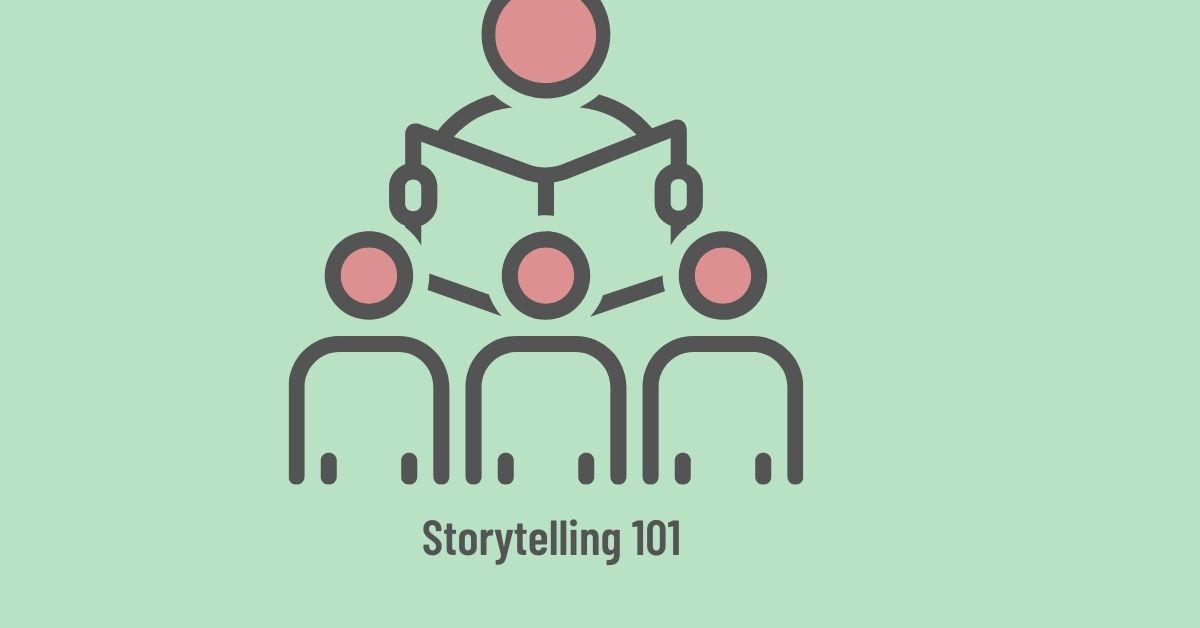Are some people born writers? Is nature or nurture the key? Obviously, writers love to write, but that doesn’t make them exceptional. Still, so many people think born writers exists.
Not A Born Writer 3 Proven Ways To Take Your Writing To The Next Level
I can’t say, I was born to write or that I’m a born writer whatever that means. When I’m in the middle of a writing project, I write every day, all day and sometimes instead of sleeping. I’ve been writing since I was a child. But was it nature? Some say, anyone can learn to write. It’s probably true.
A while ago, a friend questioned me about my love of writing. She asked, “Do you think writing came natural to you?”
“Yes and no,” was my answer. My theory is… a writer is not born but made. We all know of authors who started writing as children. Their love of writing seems natural, but I don’t think it is.
Why Not A Born Writer?
Anyone can work on becoming a writer these days because there are websites, classes and books dedicated to teaching writing. So called natural writers supposedly don’t need classes. The truth is most noted writers have degrees in English or have taken writing classes. On the other hand, there are some like Mark Twain. He dropped out of school at eleven.
For some, Twain’s story proves there are born writers. Not to me. Yes, Twain’s formal education ended when he was eleven, but he nurtured his love of words. He spent countless hours reading and typesetting books. Later in life, he became a master storyteller.
Creating a Born Writer: How is Writing Nurtured?
1. Reading Books
Read, read, read, then read some more. Read everything. Reading is the key to writing. When a parent reads to a child it ignites their desire for self-expression. There is even a possible bonus. Some children learn to read without being taught. They crack the code by hearing and seeing the words. It’s enough for them.
Children who develop a love for reading, read everything and who knows, maybe nature plays a role when it comes to a love of words. They are fascinated with words, stories, ideas and they develop superior imaginations. Some even begin to write their own stories and ideas. They build up libraries and compile lists of their favorite books. Reading is the first step to learning how to write.
2. Storytelling
Tell stories to anyone who will listen. Some parents, read or make up stories for their children. Let your child tell stories too. Let them tell stories to you, your friends, your coworkers and anyone willing to listen and encourage them. There is no need for a child to write or even know how to write before they start telling stories. If they love it, or have a knack, they may start writing down their stories or ideas. I wrote stories when I was young. My mother still has my first outside-of-the-house-story I wrote on a piece of notebook paper in my third-grade classroom. For me, writing became a compulsive method of expression and I’d bet it’s the same for those we consider natural born writers. That obsession, is perhaps, the part we cannot teach in writing courses.
3. Questions Take You To The Next Level of Writing
Question everything, and then write about it. Did a parent tolerate your constant questioning? Both my parents did. My father encouraged it and he asked many questions of me. He made me a thinker. The best writers are curious, self-directed thinkers. There is nothing greater than the ability to ask questions and then to write about your musings. Imagine the kinds of questions authors like Mark Twain and Stephen King asked themselves. Whatever the questions, they led to some fantastic stories.
My Verdict on Nature Vs Nurture
There are no natural born writers. We nurture writers. As children they read, receive encouragement and begin to write their thoughts. Most of all they ask questions. In time, at least it happened to me, writing feels natural.




